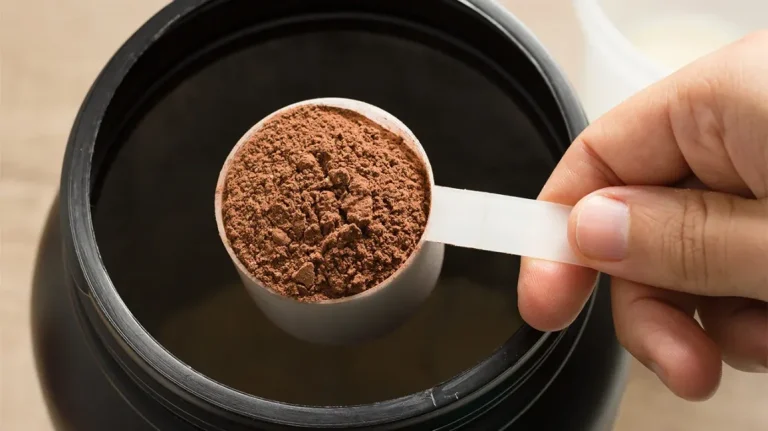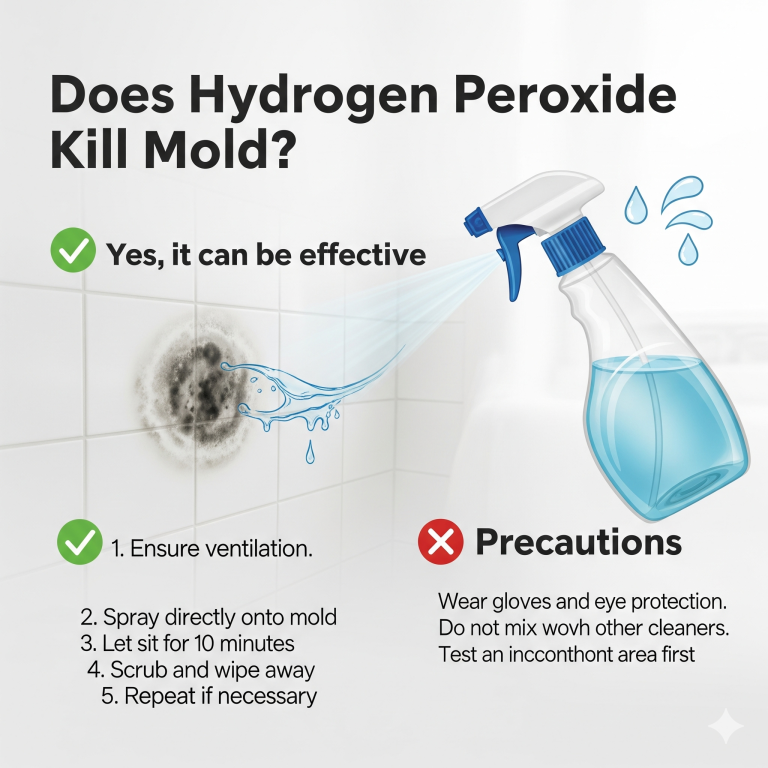
Tooth extraction is a common dental procedure, often achieved due to severe decline, infection, overfilling, or trauma. While the process itself is comparatively fast, precise rehabilitation is critical for fast and safe therapeutic.Things to Avoid After Tooth Extraction Flouting post-extraction directions can lead to difficulties such as unnecessary abusing, infection, dry socket, or late healing. Considerate what to avoid after a tooth extraction can help ensure a flat recapture.
1. Avoid Smoking
Smoking is one of the most important risk issues that can pannier healing after a tooth extraction. Nicotine and other substances in roll-ups decrease blood flow, delay surface renewal, and increase the risk of dry socket—a painful illness where the blood clot is removed from the extraction site. Dental specialists mention evading smoking for at least 48–72 hours after extraction, although longer moderation is even better.
Why Smoking is Harmful:
- Reduces oxygen supply to healing tissues
- Upsurges effluence risk
- Causes dry socket development
2. Avoid Drinking Through a Straw Things to Avoid After Tooth Extraction
Drinking through a straw makes burden in the mouth, which can disturb the blood clot that forms at the extraction site. This clot is crucial for proper healing and stops problems like dry socket. Even though drinking fluids is vital, use a cup or sip gently without making pressure.
Tips:
- Drink water or clear results regularly
- Avoid fizzy or sugary drinks initially
- Use a spoon or small cup for liquids if vital
3. Avoid Hard, Crunchy, or Chewy Foods
Right after extraction, your gums and jaw are subtle. Eating solid foods like nuts, chips, or raw vegetables can exasperate the site or even remove the blood clot. Chewy foods such as meat or candy may also stick to the socket, slowing the healing method.
Recommended Diet:
- Soft foods like yogurt, mashed potatoes, applesauce, twisted eggs
- Cool or room-temperature foods to reduce pain
- Avoid hot foods that may melt the blood clot
4. Avoid Touching the Extraction Site
It may be beautiful to poke the socket with your tongue, fingers, or objects, but this can state bacteria and disturb the healing tissue. Avoid touching the extraction site for at least the first few days, and let the blood clot persist continuous.
Tips:
- Rinse gently, don’t probe
- Avoid brushing directly over the extraction site initially
- Allow natural healing
5. Avoid Vigorous Rinsing or Spitting
While keeping your mouth clean is important, violent rinsing or gasping can remove the blood clot and delay healing. Gentle washing with saltwater, starting 24 hours after extraction, is safe and promotes healing. Avoid rinses covering alcohol as they can exacerbate the wound.
Recommended Care:
- Mix ½ teaspoon salt in 1 cup warm water
- Swish gently for 30 seconds, 2–3 times daily
- Avoid powerful expectorating
6. Avoid Alcohol Consumption
Alcohol can interfere with healing in some ways. It may cooperate with agreed pain medications or antibiotics, decrease blood clotting skill, and irritate the removal site. For optimal recovery, avoid alcoholic drinks for at least 48–72 hours after the procedure.
Key Points:
- Alcohol can delay tissue renewal
- May cause unnecessary bleeding
- Can increase the risk of pollution
7. Avoid Physical Tension or Heavy Exercise
Active events like running, weightlifting, or powerful workouts can rise blood burden, which may cause bleeding at the idea site. To prevent problems, limit corporal act for a few days, allowing your body to focus set healing.
Recommendations:
- Rest for the first 24–48 hours
- Gradually restart light activities
- Avoid snaking or heavy lifting
8. Avoid Flouting Pain or Swelling
Slight pain and bulge are normal after extraction, but stanch or severe signs may specify infection or other difficulties. Avoid breaking these signs; consult your dentist if swelling, simple pain, or pus occurs.
- bleeding or unusual symptoms
9. Avoid Neglecting Oral Hygiene
Defensive oral hygiene is serious after tooth extraction. While brushing straight over the extraction site should be avoided originally, keep the rest of your mouth clean to avoid bacterial growth. Ignoring oral hygiene rises the risk of infection and late healing.
Oral Care Tips:
- Brush gently around the extraction area
- Use antiseptic mouth rinses if elective
- Avoid flossing near the removal site for a few days
10. Avoid Suspending Follow-up Appointments
Your dentist may schedule follow-up visits to screen healing and ensure there are no difficulties. Skipping these schedules can lead to overlooked infections, late recovery, or other issues. Always attend follow-ups as advised.
Importance of Follow-ups:
- Ensure proper healing
- Detect difficulties early
- Receive extra instructions if needed
11. Avoid Taking Medications Without Consultation
After removal, your dentist may advise antibiotics, anesthetics, or anti-inflammatory drugs. Avoid self-medicating or using over-the-counter medications without referring your dentist, as some drugs can increase bleeding risk or interfere with healing.
Tips:
- Take medicines just as set
- Avoid aspirin or blood-thinning drugs unless accepted
- Discuss any allergies or pre-existing conditions with your dentist
12. Avoid Cold or Hot Excesses
Risky temperatures can cause anxiety or slow healing. Avoid ice-cold drinks or certainly hot foods and drinks originally. Stick to lukewarm or room-temperature liquids and foods to indorse relief and recollect.
Recommendations:
- Drink water at room temperature
- Eat soft, warm foods
- Avoid hot drinks for the first 24 hours
Conclusion
Proper care after a tooth extraction is thoughtful for defense a flat and complication-free retrieval. Avoiding smoking, alcohol, hard foods, hostile rinsing, and physical tension, while following the dentist’s orders, can prevent issues like dry socket, infection, and delayed healing. Gentle oral hygiene, proper diet, and timely follow-ups are equally significant. By following to these battlements, patients can ensure a calm and faster recovery, self-protective both oral health and overall well-being.



